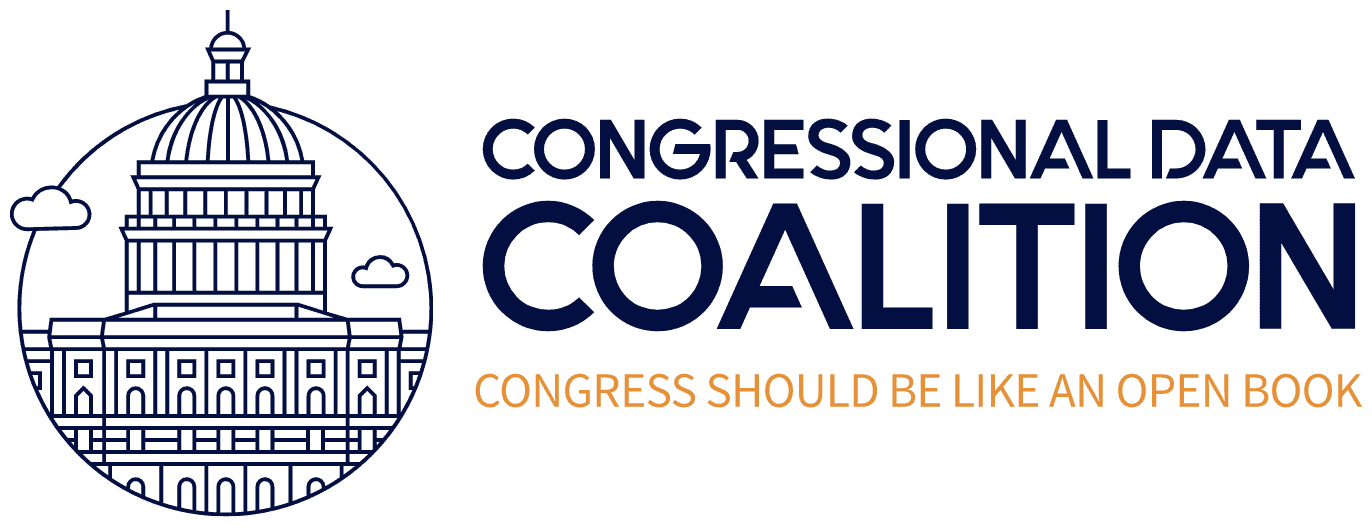When the legislative branch started publishing bills and resolutions online in 1995, it was heralded as a revolution in government transparency. The public at last had easy and immediate access to the text of legislation and citizens could better hold their elected officials accountable.
But technology has progressed quite a distance since then, and the internet has become a far more dynamic platform for information. Given the massive quantity of content produced on a daily basis by the government alone, transparency can no longer defined by the existence of information as text. Instead, transparency should be defined as the accessibility and usability of information as data.
So what exactly is the difference between text and data? Text is a series of static characters and words formatted to be presented in a certain way on a page. Humans are able to derive meaning from text by reading and understanding it, but computers can do little more than store it or display it for a human to read. Data is different. Data consists of pieces of information linked to identifiers and variables. When data is published in certain formats, computers are able to automatically find and compile specific, identified pieces of information. This saves humans countless hours and improves the accuracy and completeness of the information they gather.
To simplify, think about the difference between text and data in terms of information in the news. When a major weather event occurs, media outlets typically release articles about how the weather anecdotally impacted local individuals. These articles are text. Media outlets also release numbers and charts that show the temperatures and wind speeds over the same period of time. This is data. While the text may detail the effect of the event through an (implicitly or explicitly) editorialized lens, the data provides concrete information that consumers can apply widely and compile with other datasets to derive new meaning.
So what would this text-to-data transform mean for Congress? It would mean releasing official documents, membership information, committee reports, and other pieces of legislative information in formats ready for computer processing; establishing authoritative identifiers for the many entities involved in governmental processes; and having that content available for download from a machine-crawlable location.
Despite notable effort in some quarters, Congress unfortunately has not kept up with these data demands. As of now, legislative data is difficult to access, outdated, and low quality. Private developers who build software around this data must inefficiently pull from multiple sources, amplifying the potential for errors, inconsistencies, and inaccurate information. While recent improvements in data accessibility have been encouraging developments (including various new bulk data downloads from the Government Printing Office), they do not adequately support today’s data processing capabilities.
Not only do developers deserve better, the public deserves better.
The Congressional Data Coalition seeks to bring together programmers, data scientists, activists, and policy experts of all ideologies to encourage Congress to improve the access and usability of legislative data. This will allow developers and civic hackers to provide consumers with more authoritative, reliable, and timely information on the on-goings of Congress, leading to a more transparent government and better informed public.
It is time for Congress to free its data.
